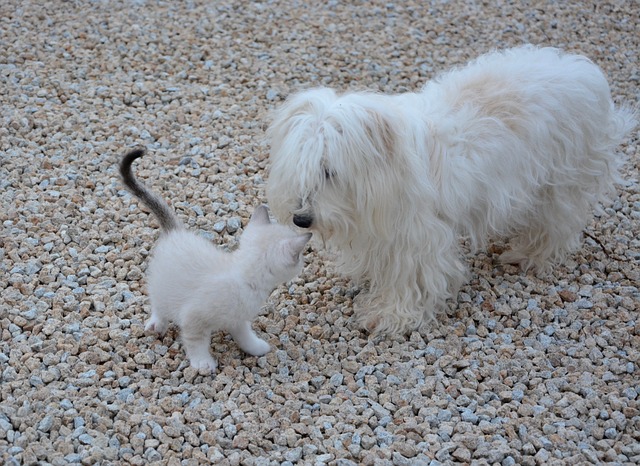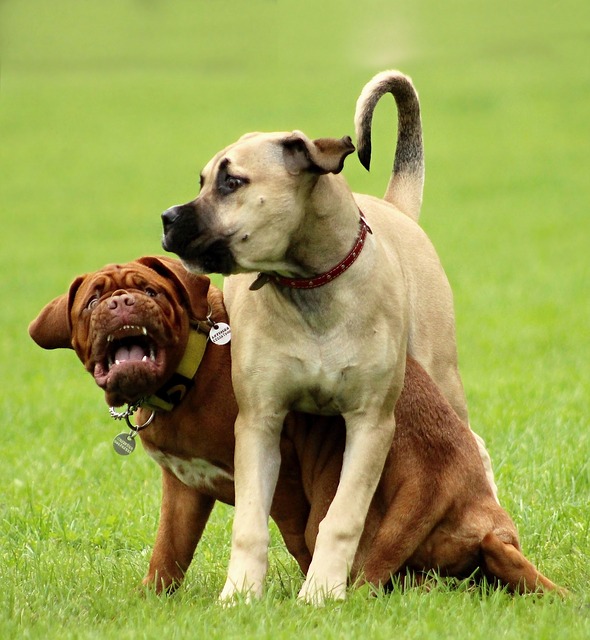Socializing for Your Young Dog
Puppies grow much like human children. They go through many different developmental periods while their brains are learning and growing. Starting as soon as possible will help your puppy grow into a more social dog. According to Purina Senior Scientist, Human/Animal Bond, Ragen McGowan explains, “the sensitive period for puppies begins at about 3 weeks of age and lasts until about 12 weeks of age.”
This period of development is critical to give your puppies as many new experiences as possible. A few ideas on how to give your puppy social experiences:
- Go around new people
- Be around other pets
- Travel to new places
- Play around and with children
It’s really important to have your puppies around children during the 3-12 week period. At first, a puppy may not really know the difference between children and adults other than size. It’s important to teach your puppy the differences so that children’s unpredictable nature can be better learned.
Why Do New Encounters Help Your Dog?
When you think about it new experiences are practice for your puppy or dog. Just like you the more you try the better you get. Each new encounter will give your puppy more socializing practice. As your dog’s brain continues to grow and learn, they will naturally build on what they have previously learned. Make sure to give your dog lots of praise for doing a good job. This will help reinforce the desired behavior and also help your dog for his whole life.
Introducing Your Dog to Family

Do you already have dog or two? Let’s explore some ways to help introduce a new dog to the rest of the family:
- Try the first meeting at neutral territory. Avoid tension by meetings somewhere other than your house.
- Dogs can sense your unease, make sure to be calm and use a reassuring tone of voice and body language.
- Make sure there is enough space so that the dogs can move away if they want.
- Be patient, it may take some time for your dogs to become comfortable with each other.
More helpful dog tips are just a click away: dog supplements, switch your dog’s food, learn how dogs make facial expressions.
